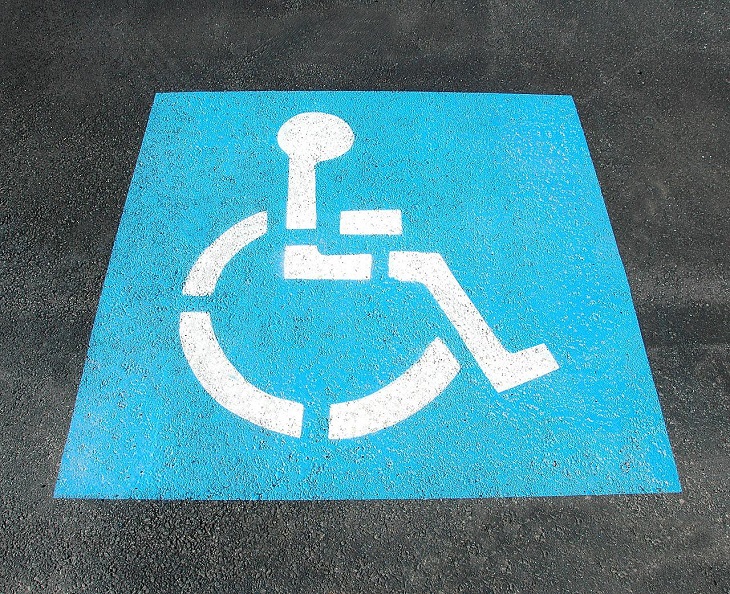Fatigue on the road can be incredibly dangerous. Disabled drivers may be more susceptible to fatigue than other drivers, so this is an extra challenge to be aware of if driving for long distances. And what’s more, research shows that some people find car travel particularly sleep-inducing due to the soft vibrations and low hum of the engine.
Noticing the signs of fatigue and being vigilant is important for staying safe behind the wheel. Below, we’ll cover some practical advice for drivers who may struggle with exhaustion when driving, and will offer some tips for preventing and treating the first signs of tiredness while on the road.
What are the signs that you are a fatigued driver?
Driver fatigue usually sets in slowly – you may not be aware of it right away, but it is important to keep an eye out for it if you are undertaking a journey of substantial distance. Your thoughts may be drifting or you may be daydreaming, without really thinking about your driving or the road ahead of you. You may find that as your concentration falters, your reaction speeds slow. Your body may also feel quite stiff and cramped, and your eyes may be a bit sore. Your eyelids may get heavier and some drivers may even end up closing their eyes completely (which, of course, is the most dangerous part!).
Being aware of these things is the best way to prevent any serious accidents while on the road – if you notice any of the above signs, you know it’s time to pull over and take a break.

What type of driver is most likely to be at risk of drowsy driving?
Any driver can be at risk of fatigue while on the road. However, you are most likely to become exhausted behind the wheel if you are already tired when you get into your car. Therefore, it’s best to start out any journeys (particularly long ones) well-rested and free of excessive fatigue.
Disabled drivers may also be more likely to experience exhaustion on the road for several other reasons. They may have to take strong medication or pain relief, which could contribute to drowsiness; in this case, it is very important that disabled drivers do not get behind the wheel while under the influence of these medications. If you’re a disabled driver who requires medication for your condition, it’s important to check the label of your medications to see whether drowsiness is a side effect, as well as discussing this with your physician, who will be able to give further advice.
Disabled drivers may also be at greater risk of exhaustion while driving for the sole reason that some medical conditions or disabilities can make car travel more physically and mentally tiring. If your medical condition makes driving difficult, then you should absolutely consider vehicle adaptations to make it more comfortable for you. However, it’s also important to be extra aware of the signs of fatigue if you’re in this position, especially if you are driving for long distances on your own.
How do I stop being so tired while driving?
As we’ve mentioned, the best way to prevent tiredness while driving is to rest well beforehand so you start each trip on a good note. In addition, there are several other things you can do to prepare for your journey and to prevent fatigue:
- Plan your route, so you are aware of your surroundings in advance.
- Ensure you stay hydrated and don’t become too hungry.
- Avoid alcohol or any medications that may cause drowsiness.
- Consider stopping overnight on long trips to break up the journey, and take frequent breaks along the way.

What to do when tired while driving
If you notice yourself becoming exhausted while on the road, it’s absolutely essential that you take a break as soon as you can – this should be your priority if you are experiencing fatigue. If possible, share your trips with another driver, who can switch with you when you need a rest. However, if this is not an option, the most important thing is to ensure you do not continue driving while tired – this can be dangerous for you and others.
With the proper preparation and awareness, you can greatly reduce the risks associated with fatigue on the road.
Featured image by freestocks-photos on Pixabay







